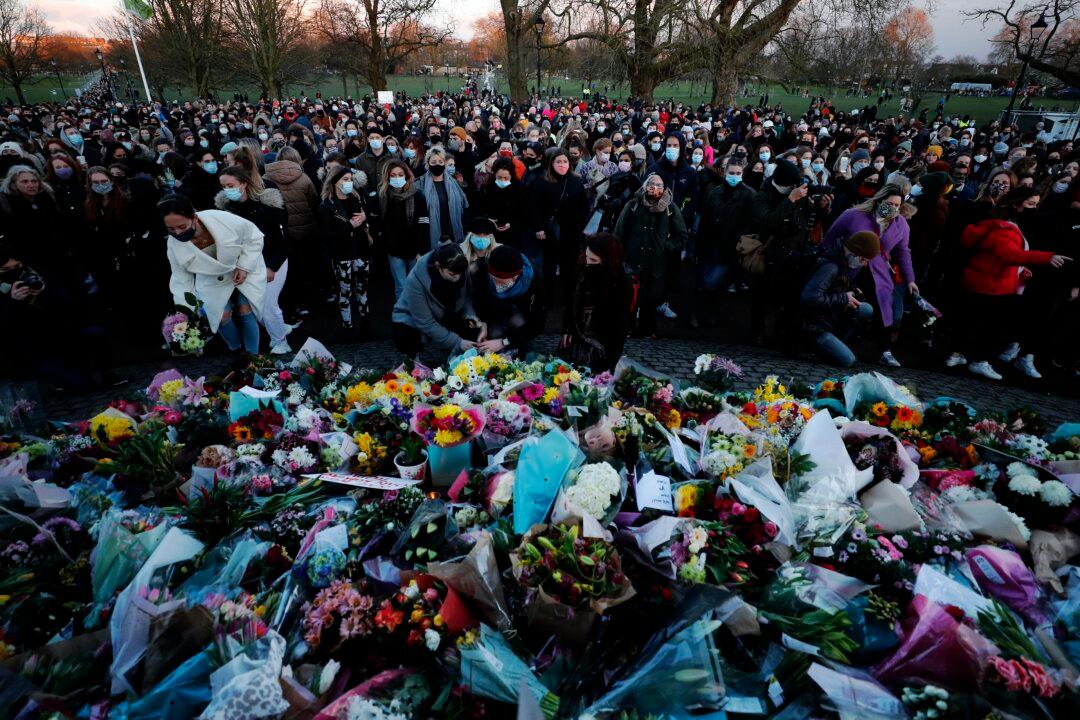The UK government will instruct all police forces in England and Wales to record suspected misogyny as a “hate crime” in the aftermaths of the murder of Sarah Everard earlier this month.
Home Office Minister Baroness Williams made the announcement on Wednesday in the House of Lords during a debate on an amendment to the Domestic Abuse Bill which would require police to record cases in which crimes were motivated by hatred of someone’s “sex or gender.”





